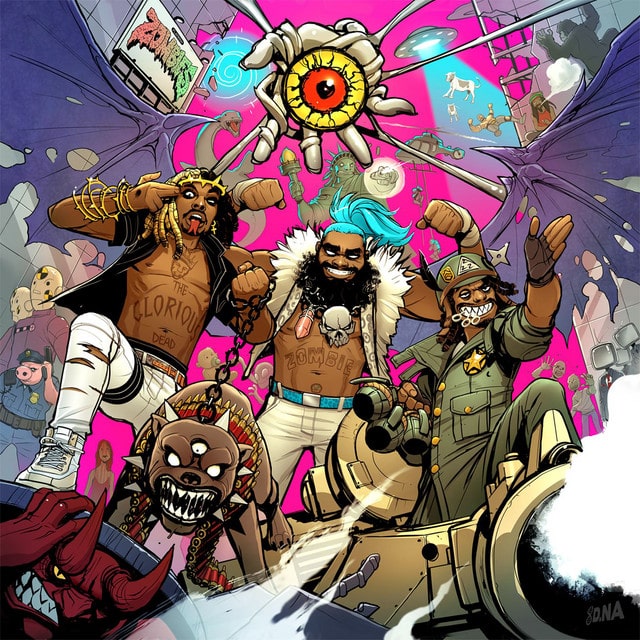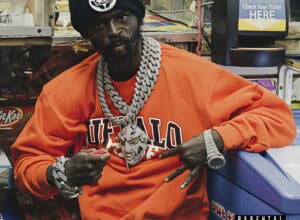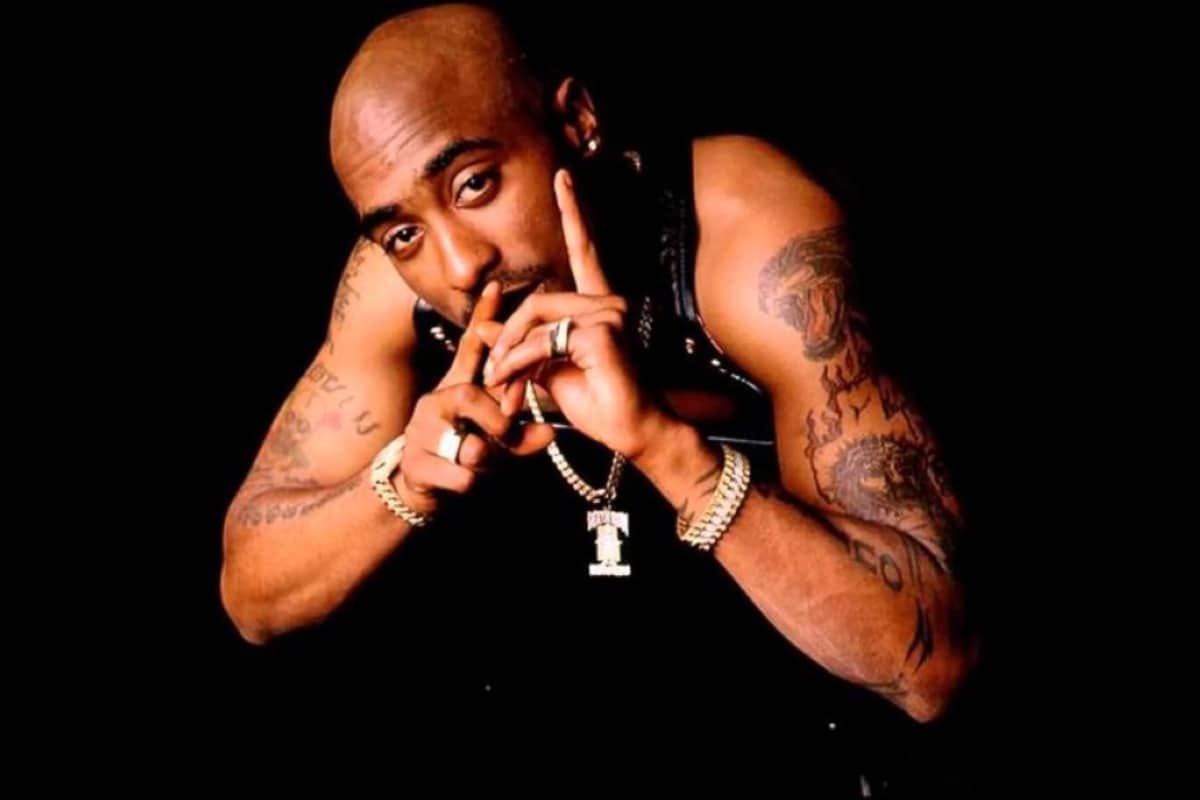Released: 2016 • Features: Anthony Flammia
“A Spike Lee Joint” by Flatbush Zombies featuring Anthony Flammia, is an ode to the struggle of the independent artist, emphasizing the grueling journey and resilience needed to make it in the hip-hop industry.
The song is a testimony of the group’s hustle and their journey from an unsigned, independent collective to a recognized force in the hip-hop world, that also captures elements of street life and personal experiences that shaped their style and perspective.
It starts with the chorus, which underscores their identity as an “Unsigned and independent” group who are willing to “risk your life” in a “constant struggle to survive”. The repetition of the phrase drives home their journey’s intensity and becomes something of a rallying cry, celebrating their independence and recognition of their struggle.
When they mention “Dirty money clean money, niggas see the difference,” they are comparing the sources of income they observed and interacted with in their environment. ‘Dirty money’ typically refers to money earned illegally or immorally, while ‘clean money’ is earned legally and morally.
They also address their motivation for entering the rap game, saying, “I was hungry for this rap shit way back in high school”.
In the lines “It was ADHD, smoking weed before church”, they point to personal experiences and habits that may have influenced their outlook and style. The reference to smoking marijuana before church suggests a subversion of traditional norms and perhaps an attempt to balance religious teachings with the realities of life in their community.
Flatbush Zombies also provide snapshots of their experiences with law enforcement, as in “NYPD on my dick since I’ve been / Fornicating, investigations”, suggesting that they have had encounters or run-ins with the New York Police Department.
Overall, “A Spike Lee Joint (feat. Anthony Flammia)” by Flatbush Zombies is a powerful representation of their struggle, resilience, and journey towards success in the hip-hop industry. It’s filled with personal experiences, societal observations, and an explicit recognition of the challenges they’ve faced.
The ending lines indicate them being back with renewed energy and an authentic spirit that resonates with their audience.








